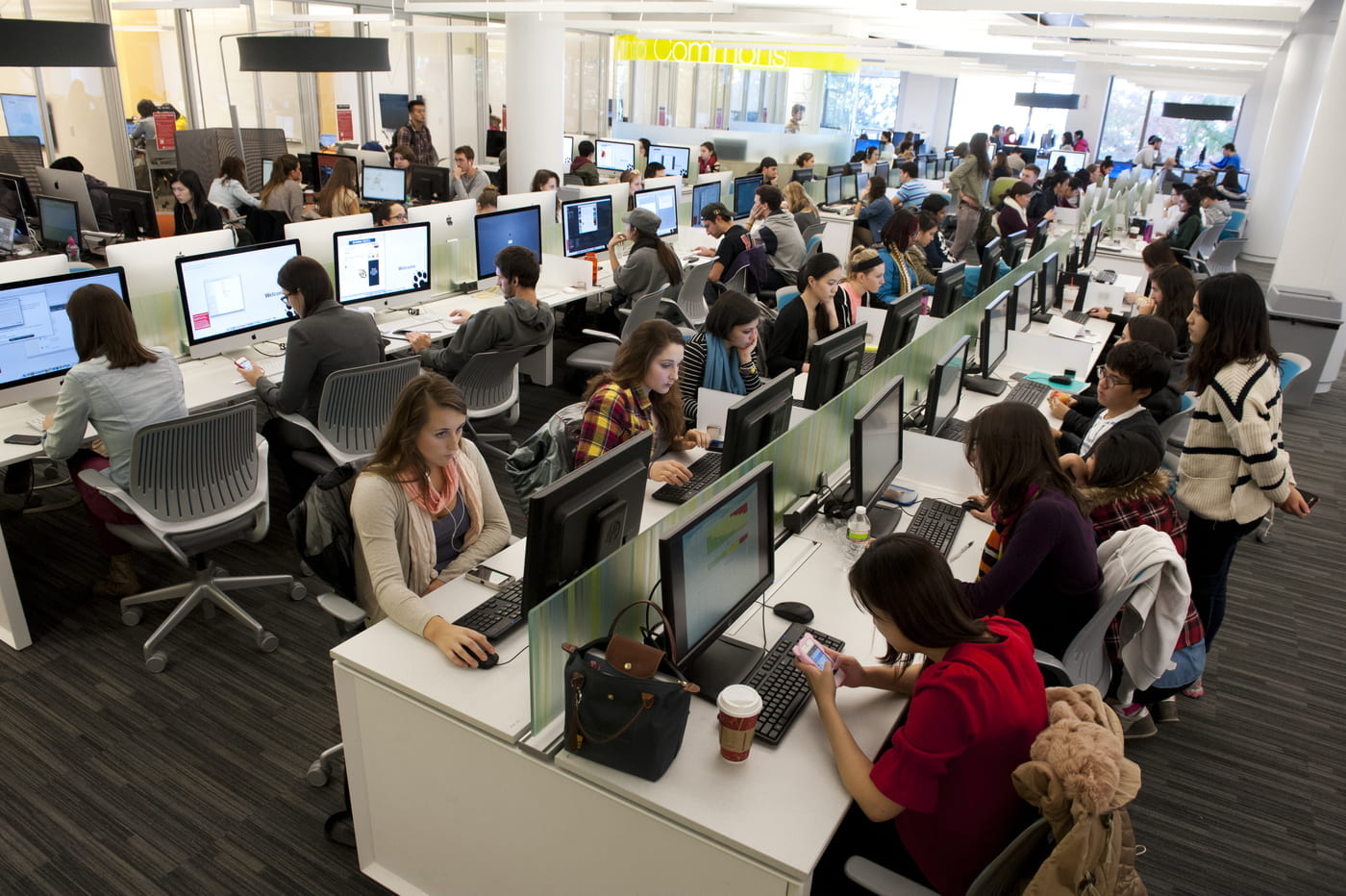You’ve got this home-office/remote-college thing down by now. You know how to mute and unmute yourself. You’ve found a place to sit that isn’t too rough on your back. Maybe you’ve even rearranged your video background, or invested in a ring light.
You might even be going back to school or work one or more days a week – and while it’s great to see other people, it’s yet another distraction when it comes to keeping your data secure.
Whether you’re full remote or full commute, here are some reminders for securing your data at home or on the move:
Back up before you go
It’s a good idea to save your working files on a cloud service such as OneDrive or SharePoint (both available as part of Office 365), rather than on your machine’s disk drive. This helps protect you against loss or theft as well as against drive failure.
Also, check your phone and tablet settings to be sure you aren’t unintentionally auto-connecting to networks or Bluetooth devices. These are both easy ways for criminals to get at your data.
Know your network
When you’re on the Northeastern network, you’re protected by a solid set of enterprise-level controls. No system is perfect, but Northeastern’s Office of Information Security works hard to stay ahead of intruders.
Since your home network is now part of your job, classwork, or research, it’s important to secure it as well, starting with changing the default password and ID on your router.
The National Cybersecurity Alliance has a page of home network security basics to get you started. If you’re a little daunted by the idea of managing your network’s technical settings, you may be able to get help from your internet service provider.
Remember your road rules
If it’s been a while since you had to take your work anywhere (well, anywhere that required pants), you may need a refresher on how to protect your data when you’re not at home or at your desk:
- Keep mobile devices and computers on your person or under your direct supervision.
- If you must leave a computer or mobile device in a car, conceal it from public view, and don’t forget to lock the car.
- Use hard-to-guess passcodes and passwords to lock your devices, as well as enable two-factor authentication for your myNortheastern account and other important logins.
- Be careful when using wireless networks in public places. Avoid working with sensitive data (which can include your Northeastern email) in such places.
- It’s easier to get distracted in an airport, coffee shop, or train, especially if you’ve been stuck at home for a long time. Don’t let the novelty of your surroundings get in the way of being vigilant against email phishing. When possible, wait to review your email when you’re at your desk.
- Stay aware of who is around you, who can see your screen, and who can overhear your phone conversations. Not all data breaches require a computer!
Security spring cleaning
Many of us, of course, are still working and studying from home offices for the time being. And with everyone carrying a bit (or a lot) of extra stress right now, it may have been easy to let security precautions slide. A few reminders:
- Don’t leave sensitive data or devices where family members can get at them. They may not mean any harm, but your work and Northeastern’s data belong in your hands only.
- Apply updates to keep your operating systems patched. This includes your mobile devices!
- Be sure everyone who uses the internet in your household knows how to protect against common security issues such as phishing. (The GetSecure website is a good place to start.)
